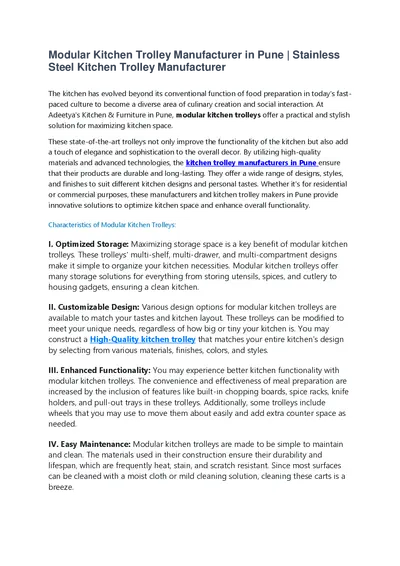PPT-Upper Canada and the Road to Nationhood
Author : trish-goza | Published Date : 2017-10-21
Canadian Government Today Today who chooses the people that form our government If the people dont like what our government is doing what can we do about it Ultimately
Presentation Embed Code
Download Presentation
Download Presentation The PPT/PDF document "Upper Canada and the Road to Nationhood" is the property of its rightful owner. Permission is granted to download and print the materials on this website for personal, non-commercial use only, and to display it on your personal computer provided you do not modify the materials and that you retain all copyright notices contained in the materials. By downloading content from our website, you accept the terms of this agreement.
Upper Canada and the Road to Nationhood: Transcript
Download Rules Of Document
"Upper Canada and the Road to Nationhood"The content belongs to its owner. You may download and print it for personal use, without modification, and keep all copyright notices. By downloading, you agree to these terms.
Related Documents














